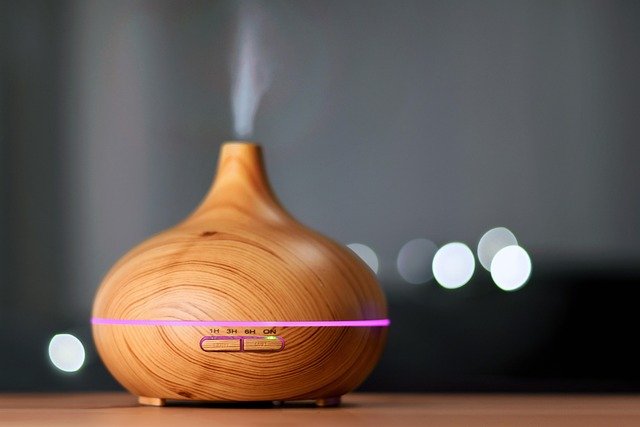Air humidifiers can have a significant impact on indoor air quality, both positive and negative, depending on how they are used and maintained. Here are some ways in which air humidifiers can influence indoor air quality:
1. Increasing Humidity Levels:
Air humidifiers are designed to add moisture to the air, which can be beneficial in dry indoor environments, especially during winter months or in regions with low humidity. Proper humidity levels (usually between 30% to 50%) can help reduce respiratory issues, dry skin, and throat irritation.
2. Relieving Respiratory Symptoms:
When the air is too dry, it can exacerbate respiratory conditions such as asthma, allergies, and sinus congestion. A well-maintained humidifier can help alleviate these symptoms by keeping the air moist and reducing irritation in the airways.
3. Preventing Dryness:
Humidifiers can help prevent dryness in the skin, eyes, and nasal passages, which often occurs in dry indoor environments. Adequate humidity can improve overall comfort and reduce the risk of dry skin conditions and eye discomfort.
4. Reducing Static Electricity:
Dry indoor air can lead to an increase in static electricity, which can be bothersome and damaging to electronic devices. Humidifiers can mitigate static electricity by maintaining optimal humidity levels.
5. Impact on Indoor Allergens:
While humidifiers can help ease respiratory symptoms for some people, they may worsen the situation for others, especially those who are allergic to dust mites, mold, or other indoor allergens. High humidity levels can promote the growth of mold and dust mites, triggering allergies and asthma.

6. Mold and Bacteria Growth:
If not properly cleaned and maintained, humidifiers can become breeding grounds for mold, bacteria, and other microorganisms. These contaminants can be released into the air and negatively impact indoor air quality.
7. Use of Clean Water:
Using clean, distilled water in your humidifier can help reduce the risk of dispersing impurities into the air. Avoid using tap water that may contain minerals and impurities that can create mineral dust or white dust.
In summary, air humidifiers can positively impact indoor air quality by maintaining optimal humidity levels and relieving respiratory symptoms in dry environments. However, it is crucial to use and maintain humidifiers properly to avoid negative effects, such as the growth of mold and bacteria. By understanding the risks and benefits, you can make informed decisions on using air humidifiers to improve indoor air quality in your home or office.











